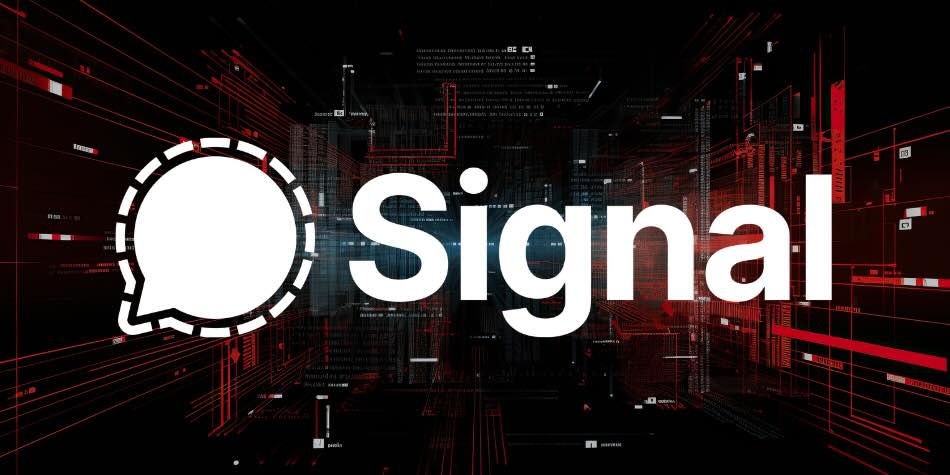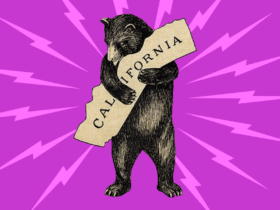
Russia has reportedly blocked access to the encrypted messaging app Signal, according to multiple user reports and confirmation from the Russian telecommunications regulator, Roskomnadzor.
The block, which users began noticing yesterday, appears to be part of a broader effort by Russian authorities to control and restrict access to communication platforms that do not comply with the country’s strict regulations.
Signal blocked by all ISPs
The first signs of the blockage were reported by users in major Russian cities, including Moscow, Saint Petersburg, and Krasnodar, who noted difficulties accessing the app. Monitoring services such as Downradar and Сбой.рф registered thousands of complaints regarding Signal’s accessibility, with most users unable to connect to the service even when using VPNs.
Internet observatory NetBlocks also confirmed the block on Signal app’s backend, by all internet service providers in the country.
In a statement to Russian media, Roskomnadzor claimed that access to Signal was restricted due to its failure to comply with national legislation, particularly laws designed to prevent the use of messaging services for terrorist and extremist activities. The exact legal requirements that Signal allegedly violated were not specified, but the regulator has previously targeted platforms that refuse to provide backdoor access to user data or fail to register with Russian authorities.
Signal, known for its strong stance on privacy and security, uses end-to-end encryption based on the Signal Protocol. The app is widely used by individuals who require secure communication, while its open-source nature and minimal data logging makes it a popular choice among privacy advocates worldwide.
Given its robust encryption and commitment to privacy, Signal has likely come under scrutiny by Russian authorities who have increasingly targeted digital platforms that they cannot easily monitor or control.
Last June, decentralized encrypted chat app Delta reported that the Russian authorities, through Roskomnadzor, demanded that it handed over user data and decryption keys, a request that was turned down.
YouTube also restricted
The block on Signal follows a series of actions taken by Russian authorities against other major online platforms. YouTube has also faced disruptions in Russia, with users reporting slowdowns and complete inaccessibility in some regions. Roskomnadzor has been slowing down YouTube’s services in Russia for several weeks, allegedly due to the platform’s non-compliance with Russian laws and its refusal to remove content that the government deems inappropriate.
Russian IT expert Mikhail Klimarev stated on X yesterday that the throttling by the authorities has been underway for over a week, stating that the restrictions aim to block people’s access to what is one of the last remaining news platforms free from censorship.
These actions reflect a broader trend in Russia, where the government has intensified its efforts to control the flow of information and limit access to platforms that provide uncensored communication. The restrictions on Signal and YouTube are part of a growing list of digital services that have faced similar treatment, including VPN apps being removed from the Russian Apple App Store last month, and websites hosted on foreign providers not registered in the country getting blocked.
For users affected by the blocks, the use of VPNs remains one of the few options to bypass these restrictions, though even VPNs are not guaranteed to work consistently under the increasingly sophisticated methods employed by Russian regulators.
RestorePrivacy has reached out to both Signal and Google for a comment on the situation and to learn whether they are working on a solution to make their platform accessible to Russian users, but we have not received a response by publication.
Update – A YouTube spokesperson has sent us the following statement:
We are aware of reports of some people not being able to access YouTube in Russia. That is not as a result of any technical issues on our side or action taken by us
YouTube spokesperson















